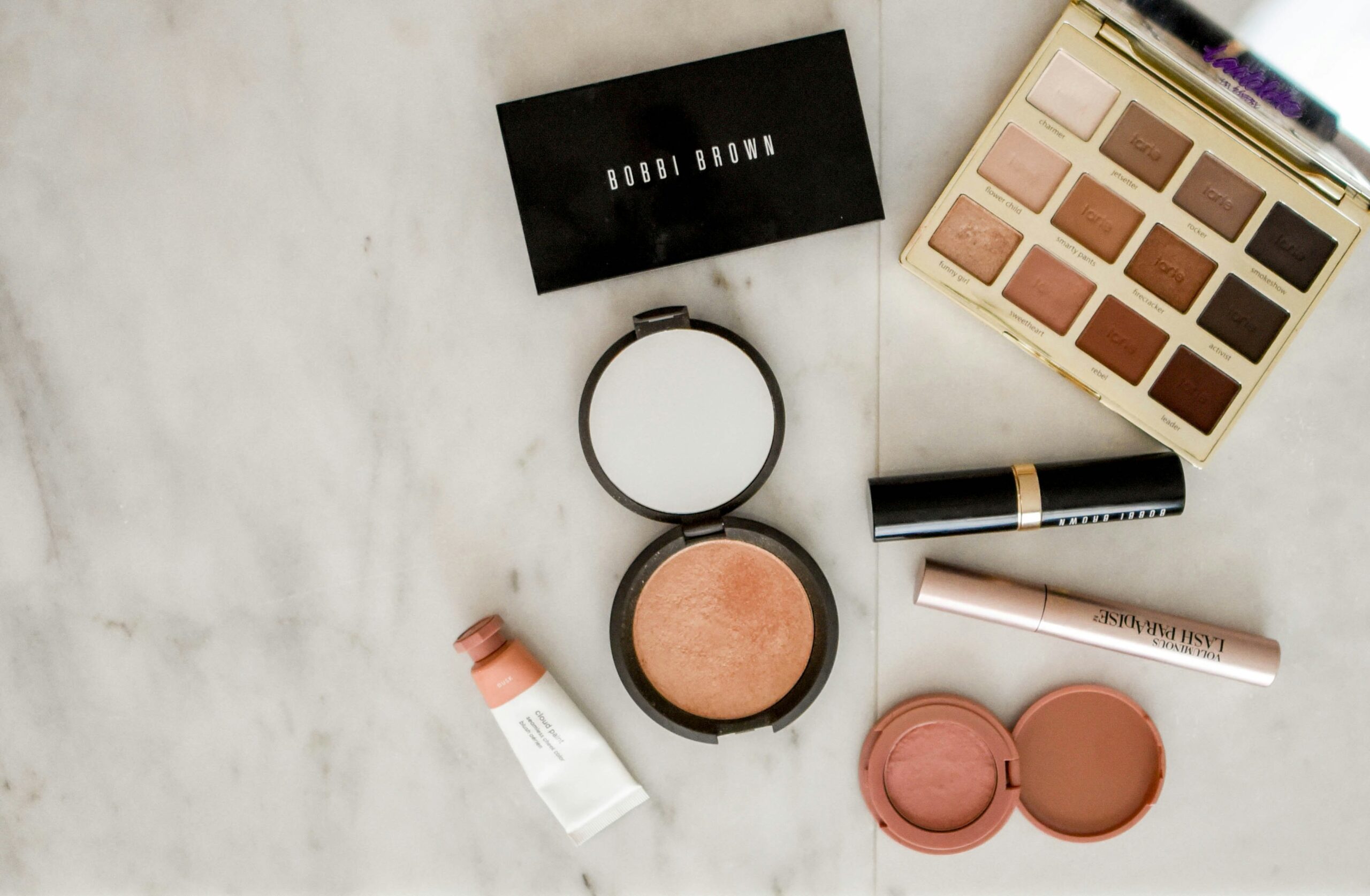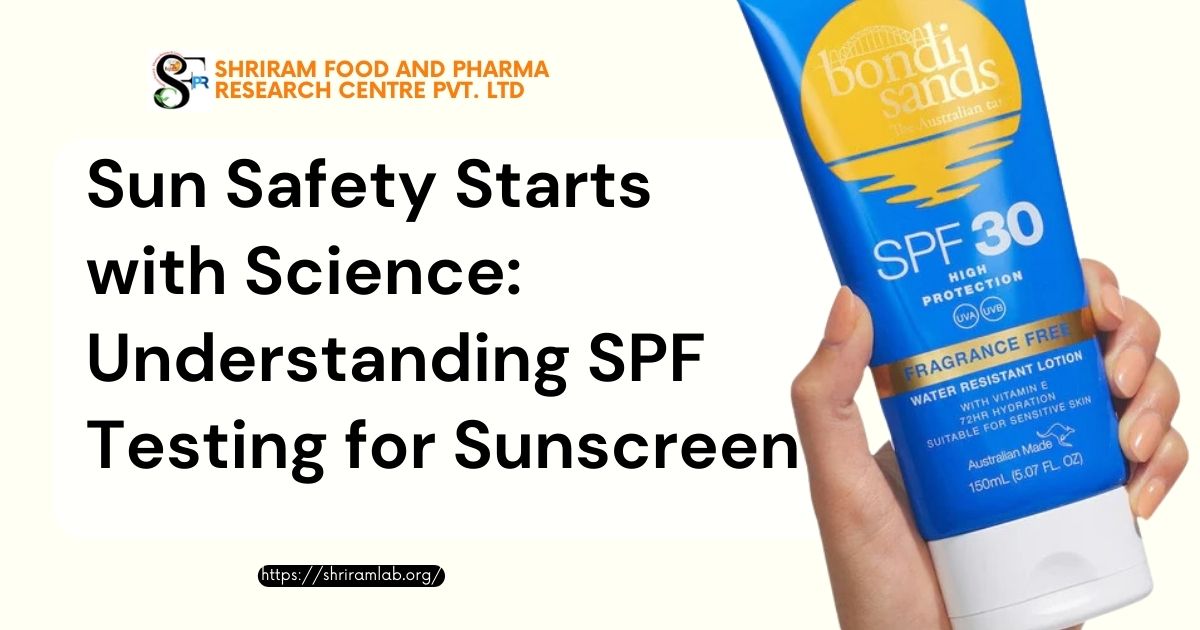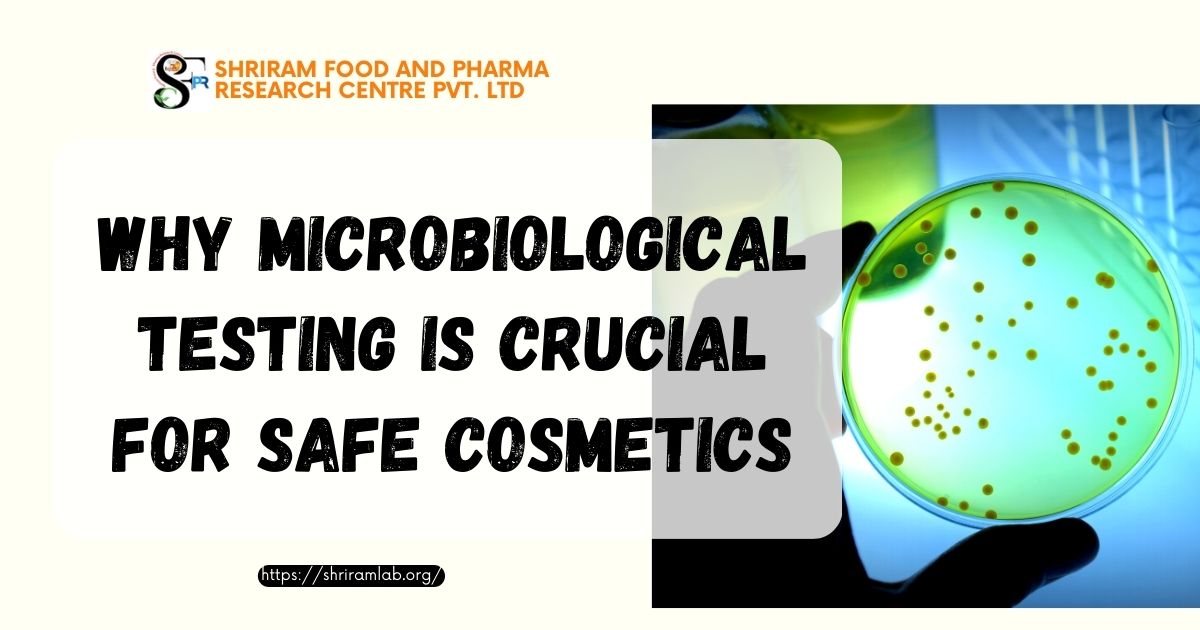In a world where cosmetic products are no longer just about appearances, but also about holistic well-being, the cosmetic industry is witnessing a transformative shift. Modern brands and discerning consumers are now seeking products that not only enhance external beauty but also contribute to inner wellness. This has given rise to nutricosmetic and cosmeceutical products, blending cosmetics with pharmaceutical benefits, marking a significant evolution in consumer preferences.
The Growing Significance
The global cosmetics market is projected to grow by over 6.3% in the next eight years, with cosmeceuticals and nutricosmetics playing a pivotal role. This shift reflects a profound change in how consumers perceive and engage with personal care. As this market expands, the need for rigorous cosmetic product testing becomes paramount.
WHAT IS COSMETIC PRODUCT TESTING?
Cosmetic product testing is a scientific process crucial for evaluating the safety, efficacy, and quality of cosmetic products. This involves comprehensive laboratory tests to ensure that ingredients and finished items meet both regulatory standards and consumer expectations.
Ensuring Safety and Efficacy
Tests cover aspects such as skin irritation, allergy reactions, microbial contamination, stability, and verification of claimed benefits. The goal is to identify potential issues before products reach the market, ensuring they are safe and effective for consumer use.
WHY IS COSMETIC PRODUCT TESTING IMPORTANT?
Product testing is a vital safeguard in the beauty and personal care industry. It prevents the market from being flooded with subpar or unsafe products, protecting consumers from potential harm. Incomplete testing could result in cosmetics causing skin irritations or allergic reactions, leading to adverse side effects for customers.
Beyond Consumer Health
Product testing also plays a crucial role in maintaining brand integrity and industry reputation. Thoroughly tested products, backed by industry certifications, build consumer trust. Failures in quality can lead to PR disasters and legal consequences. Additionally, with stringent regulations globally, adherence to proper testing protocols allows products to be sold worldwide without legal obstacles.
QUALITY COSMETICS AND REGULATIONS
Regulations are fundamental in the cosmetics industry for ensuring product integrity and consumer safety. Varying quality standards and safety guidelines across countries and regions necessitate diverse regulatory practices. For instance, the FDA oversees cosmetic product stability testing and quality control in the U.S.
Challenges and Compliance
Differences in local laws can pose challenges for brands aiming to sell products internationally. The emergence of “cosmeceuticals,” a subsegment blending cosmetics with therapeutic benefits, adds complexity. While the term isn’t recognized by the FDA, these products often fall under cosmetic regulations, highlighting the need for thorough legal and compliance strategies.
QUALITY MANAGEMENT BEST PRACTICES
In the competitive cosmetic industry, quality management is a cornerstone of success. Consistent quality from sourcing ingredients to final product testing is imperative. Here are key strategies and best practices for achieving excellence in quality control and assurance:
1. Quality Control Measures
Start with selecting reliable, high-quality ingredients. Engage with trustworthy suppliers or use Good Manufacturing Practice (GMP) facilities to ensure raw materials meet necessary standards. Clear protocols for sourcing and inspecting ingredients, along with meticulous documentation, ensure traceability and compliance.
2. Implementing Quality Assurance & Management
Develop and follow structured procedures for quality assurance. Implement preventative measures, regular monitoring, and corrective procedures to identify and mitigate potential hazards throughout production. Outsourcing to third-party laboratories specializing in cosmetics provides unbiased perspectives and expertise in compliance.
3. Properly Storing Tested Cosmetic Products
Proper storage is integral for maintaining product quality. Specialized cosmetic storage units tailored to unique product needs, from controlling humidity for skincare items to temperature control for makeup, ensure product integrity. Investing in proper storage solutions complies with industry regulations and extends product shelf life.
OVERVIEW OF QUALITY COSMETIC TESTING
Quality cosmetic testing is a multifaceted process requiring meticulous attention to detail. Whether sourcing reliable ingredients or implementing rigorous quality control measures, each step plays a crucial role in ensuring the overall integrity and success of cosmetic products, especially in today’s highly competitive market.





